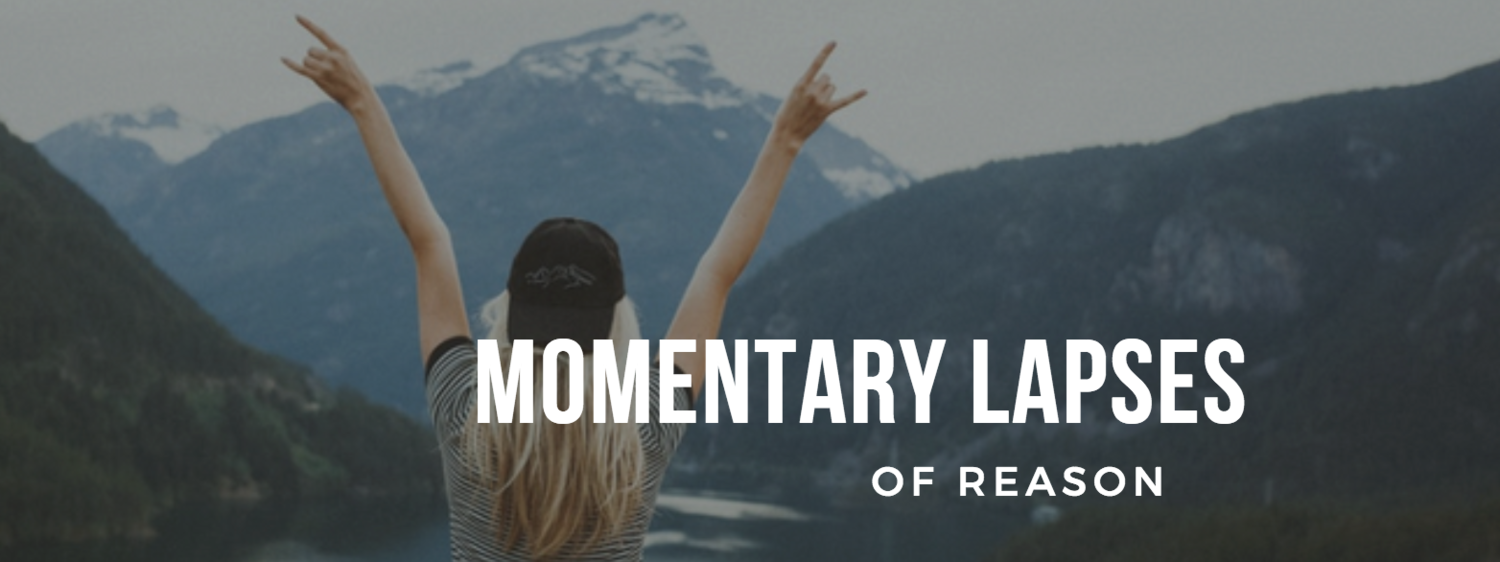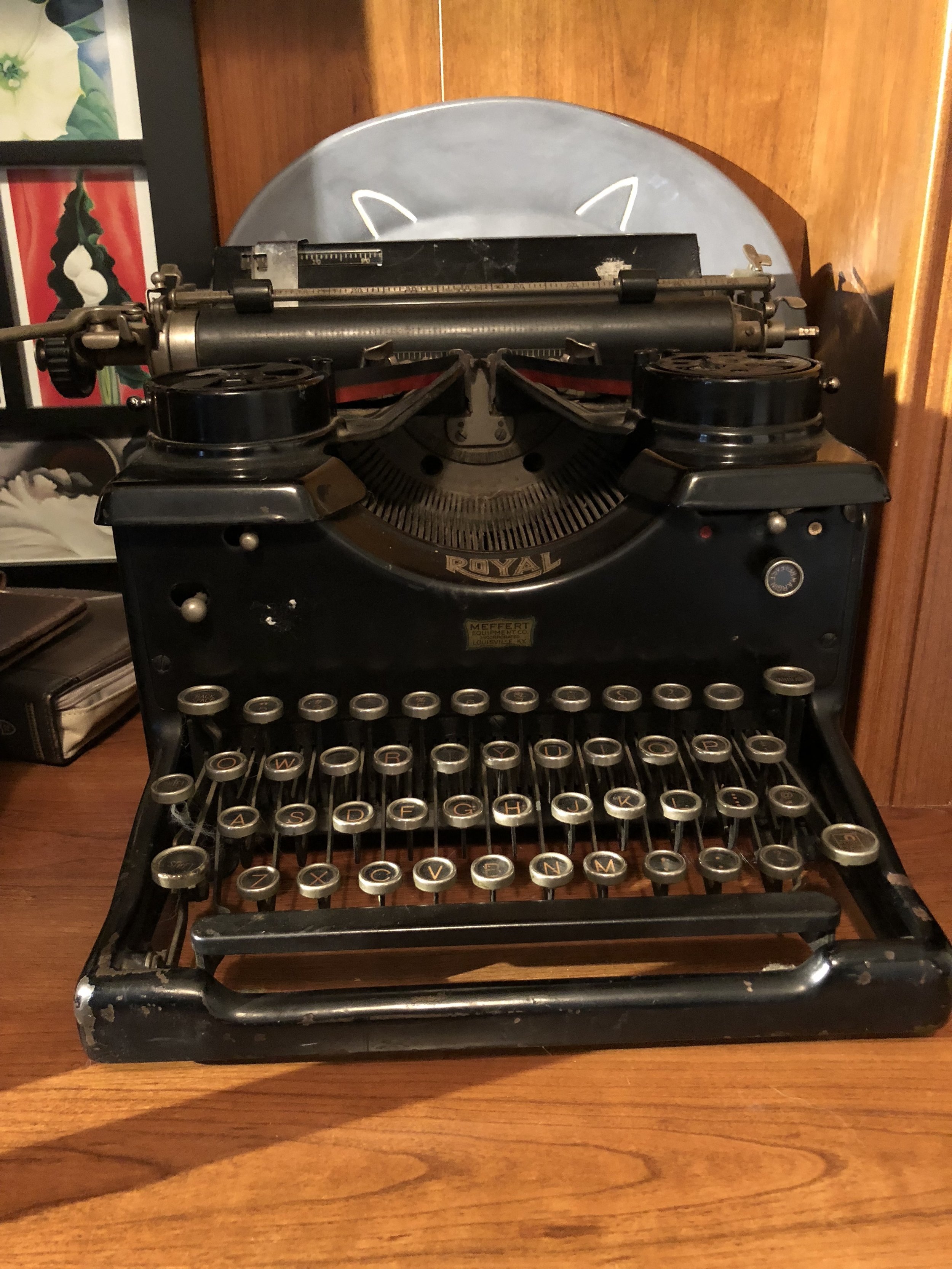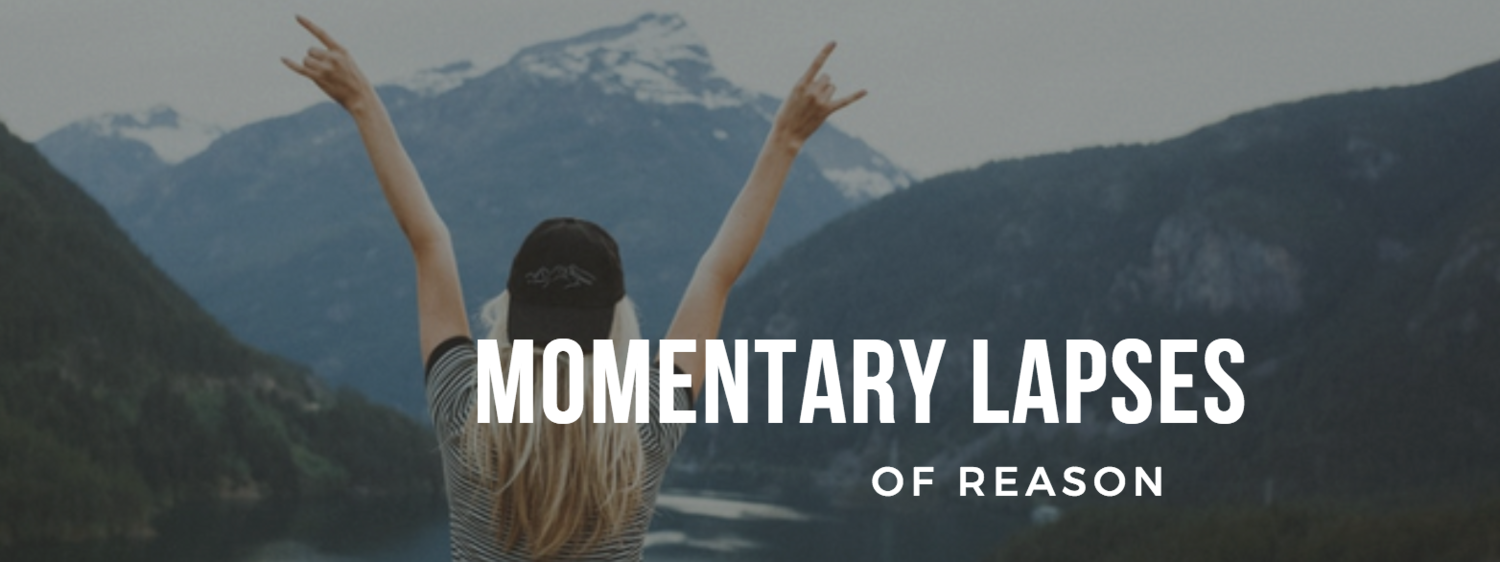How an Author Chooses What to Write Next
/I’ve been in a strange sort of limbo for the past few years. My last 4 solo books were planned and written a couple of years prior to release. NO ONE KNOWS was five years in the making, LIE TO ME was started back in 2014. FIELD OF GRAVES I obviously wrote ten years ago, as it was my first, and the new novel, TEAR ME APART, was originally conceptualized in 2011, replanned in 2016, and brought to life during a brief writing stint last year.
Add in a Catherine book every year since 2012, and the long-standing Sam book to follow up WHAT LIES BEHIND (which is still sitting in its Scrivener file with 15,000 words written), it’s been a long while since I’ve had to develop and plan for a new novel.
(Yes, I do plan to finish the Sam book, and yes, Taylor is in it. I swear to you, it will happen, and soon.)
I thought for the longest time I would write a standalone or two then dive back into my franchise series, but I’m finding the standalone world quite seductive. There are pros and cons to series and standalone writing — mainly, the challenge with a standalone is developing an entire world construct and wrapping all the threads versus the series in which your world is already built and it becomes a bit like paint by numbers, plugging in new plots to people who are already established. One is not better than the other; in my mind, they’re both fun.
But since I’m writing a big international series with Catherine, it’s been easier to write standalones on my own. I have another series idea. And another series idea. And a few more book ideas based on previous characters who’ve appeared in novels and short stories. All of these have been in the idea file for years, though.
Full circle back to what’s possibly next:
I was watching International House Hunters this morning, and the family was moving to Surrey, England, so the husband could teach at a private all-girls school. The building was so charming, with its Gothic spires and red brick front, my latent brain starting churning.
I like the idea of doing something totally new, fresh, different. Something I plotted recently… Perhaps…
A boarding school. Dark. Gothic. Nasty. I kinda like the sound of that.
I’ve ALWAYS wanted to write a boarding school novel. I went to an all women’s college that required the students (except Prime Time—older/married students coming back to school) to live on campus. We lived behind the “Red Brick Wall” and our buildings were attached by covered trestle bridges, so we could literally move from dorm room to class room to dining hall without ever going outside. The school was haunted, as all good boarding schools must be. We even had a staircase painted blood red, because legend had it a girl died in the stairwell and they couldn’t get her blood out of the concrete, so they painted it to match.
Yeah......
The moment the show was over, I opened my Day One app, titled a Story Idea entry (this is how I file ideas and things that don’t have titles), and pulled a plot out of thin air that actually might have promise. It will take a lot of work, but I may have a line on my next book. And in the subsequent days, bits and pieces are floating toward me out of the ether. It's cray cray.
Interestingly, the last time I had a "gut feeling" about a novel like this, I felt compelled to write a haunted house book set in Scotland, and I ended up with WHERE ALL THE DEAD LIE...
So… since this is getting to be an actual possibility, a little help please? What’s your favorite boarding school novel?



















